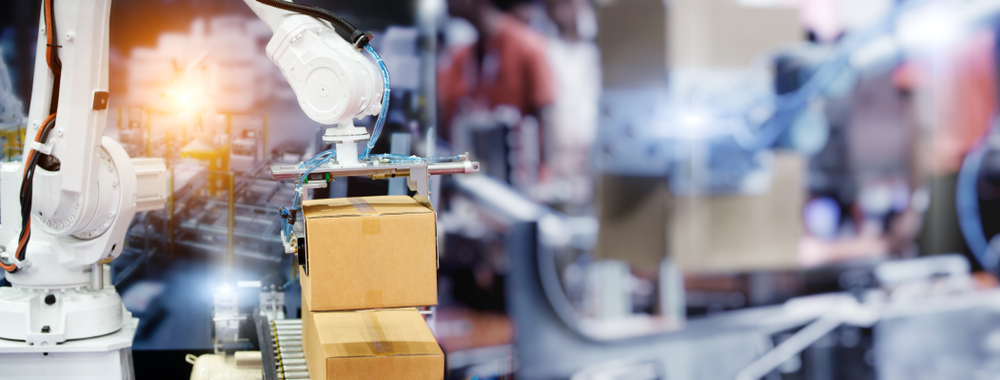The Covid19 pandemic has disrupted lives and businesses across the globe in an unprecedented manner. What are your thoughts on this?
The COVID-19 pandemic has severely impacted lives and livelihoods across the globe. Supply chains have faced major disruptions and difficulties adjusting to the new demands and needs of a locked down world. The long-term implication on societies and economies will be far-reaching and are yet unknown. Most countries have lifted restrictions and are returning to normalcy while keeping infected case numbers tenuously in check. A successful COVID-19 vaccine may save the world, but it will be many months before we will have the capacity to vaccinate everyone and there are new concerns about reinfection.
In the meantime, the world cannot be idle. Societies have been upended, causing unprecedented disruption to economies, education systems, and the day-to-day lives of people everywhere. Countries that have successfully reduced their number of COVID-19 cases have generally been more successful at reopening their economies. Such black swan events, devastating as they are, can also be opportune moments to trigger introspection, innovation and ingenuity to chart a new tomorrow that can particularly benefit those who are less fortunate. For India, the Prime Minister’s clarion call for ‘Atmanirbhar Bharat’ is inspirational and will pave the way to build a stronger and resilient India. Ultimately, this pandemic should be viewed as an opportunity for businesses to reinvent and reimagine the future.
What’s your take on Industry 4.0? How is the packaging industry responding to it?
Industry 4.0 is no longer a new term – it’s been around with us for a while. Described as the Fourth Industrial Revolution, the packaging industry too, is deploying Industry 4.0 technologies through automation and digital technologies in areas spanning energy management, predictive maintenance, equipment efficiency, supply chain responsiveness, traceability etc.
Whilst replacing a complete production line is not an option for packaging companies at this point of time, it is possible to realize some of the benefits using enhancements to existing production lines particularly in the end of the line conversion points such as Folders and Gluers. Internet of Things (IoT) will enable manufacturing to gather and analyze data across machines, resulting in faster, more flexible, and more efficient manufacturing processes to produce higher-quality goods at a reduced cost. Usage of real-time monitoring data will shorten reaction and response times. Manufacturers seeking to optimize their operations can generate valuable synergies by implementing traditional lean management and Industry 4.0 holistically, rather independently or sequentially.
The integrated application of lean management and Industry 4.0 is the most effective way to reach the next level of operational excellence. Technology is helping to improve the efficiency of the manufacturing process by enabling machines to connect and communicate independently, with minimum human intervention. By deploying the right combination of technologies, Companies can use the environment of interconnected systems, lean Industry 4.0 to build ‘smart manufacturing’ factories. The future lies in progressively adapting technologies that improve productivity and brings tangible benefits.
What’s your opinion on plastic packaging, and its impact of on the environment?
Plastics and Plastic Packaging offers unrivalled functional properties covering the gamut of protection & preservation at low cost – thus becoming the most versatile material. The durable material has revolutionized Packaging of many essential commodities, an array of FMCG Products for mass market have impacted consumer behavior and spending. The major advantage of transporting products be they perishables or food and beverages in Plastic packaging has reduced costs apart from protecting the contents.
However, the area of concern is disposal and recycling. Today, there are various solutions available for recycling, reusing all kinds of plastic waste. The negative impact of plastics arises when it does not get collected for recycling or reusing and ending up in landfill or in ocean. All that is needed is a responsible waste disposal and an efficient waste collection system. Further motivating tools like incentivizing behavior change is a also big part of building lifelong recycling habits. That’s why, in few countries, consumers, retailers are offered discount benefits to encourage them to bring their waste packaging to recycling points.
The industry is relentlessly working on various initiatives to make plastics more reusable, recyclable and compostable – essentially to retain plastics in the circular economy. It will take a concerted effort involving various stakeholders to make the systemic changes needed to transition to a circular economy.



